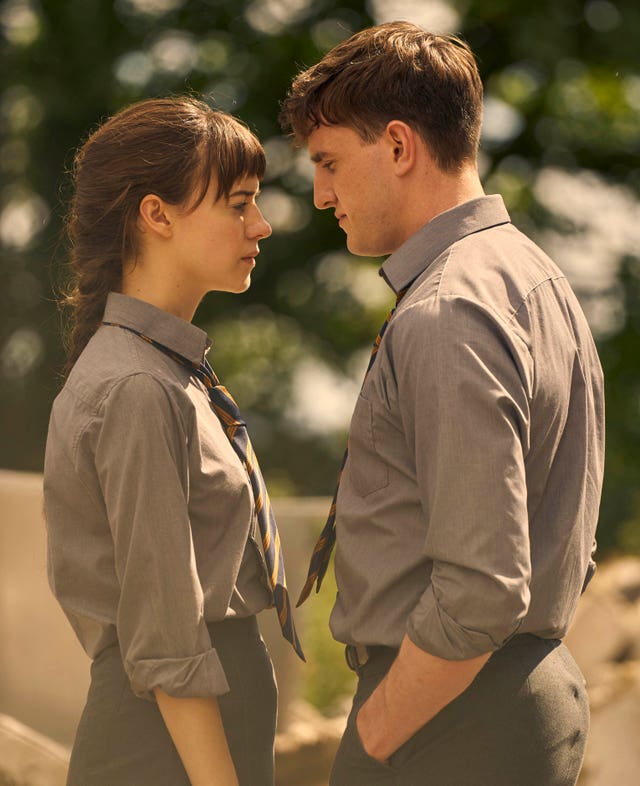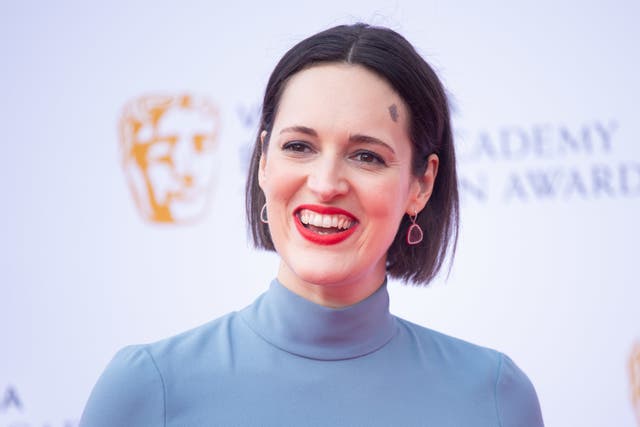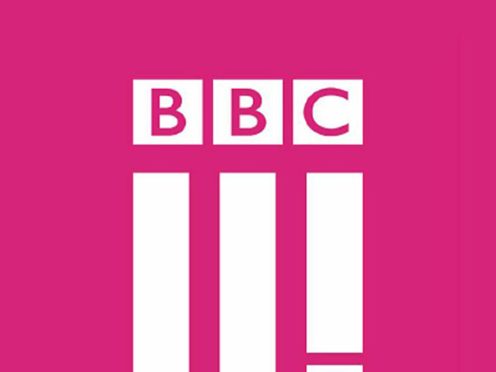BBC Three is to return as a broadcast TV channel in 2022, the corporation has announced.
The TV channel ceased operations in 2016 and was replaced by an online-only version available via the iPlayer.
It is expected to start rebroadcasting in January next year, subject to the approval of broadcasting watchdog Ofcom.
The BBC said it had committed to doubling the investment on BBC Three commissions over the next two years following the success of shows including Normal People and Fleabag.

The TV channel will be targeted at audiences aged 16 to 34 and will broadcast from 7pm to 4am each day – the same hours as when it closed in 2016.
As a result, CBBC’s broadcast hours will revert to closing at 7pm.
It comes after the BBC 2020/21 annual plan, published last year, indicated there remains an available audience on broadcast television for BBC Three.
The BBC hopes running a broadcast channel and iPlayer in tandem will help “grow our offer and deliver more value to younger audiences”.
The corporation is aiming for at least two-thirds of its expanded BBC Three’s programme spend to be outside of London.
Charlotte Moore, chief content officer of the BBC, said: “BBC Three is a BBC success story, backing creativity, new talent and brave ideas has resulted in hit after hit, from Fleabag and Man Like Mobeen, Ru Paul’s Drag Race UK and Jesy Nelson’s Odd One Out, to Normal People and This Country.
“The BBC needs to back success and make sure its programmes reach as many young people as possible wherever they live in the UK.
“So regardless of the debates about the past, we want to give BBC Three its own broadcast channel again.

“It has exciting, ground breaking content that deserves the widest possible audience and using iPlayer alongside a broadcast channel will deliver the most value.”
As a TV channel, BBC Three was best known for shows such as Gavin And Stacey, Being Human and the Doctor Who spin-off Torchwood.
Hit shows such as Little Britain, starring David Walliams and Matt Lucas, also debuted on the channel, which has also been the home to animated American sitcom Family Guy, created by comedian Seth MacFarlane.
The channel won various accolades, among them Bafta awards, British Comedy Awards and Royal Television Society awards.
In March 2014, the BBC announced it was planning to move the channel online, with initial reports saying it would be online by early 2016.
Reports said the BBC would be saving around £30 million through the move.
The news of the move to online sparked various reactions, notably a protest outside the BBC’s Broadcasting House.
More than 300,000 people signed a petition to save the channel on change.org.
Celebrities such as Daniel Radcliffe, Aidan Turner, Lena Headey, Olivia Colman and Richard E Grant also all signed a letter presented to the BBC Trust’s Rona Fairhead and director general Lord Tony Hall, urging them not to move the channel online.
Responding to the announcement, Digital, Culture, Media and Sport Committee chairman Julian Knight said: “The BBC’s decision to bring back BBC Three to our TVs is an acknowledgement by the broadcaster that it is failing to reach young audiences.
“I question whether putting the clock back five years is the right way to win over 18-35s.
“The extra investment found to pay for this is also happening at the same time that those over 75 are being chased to pay up for their TV licences.”
